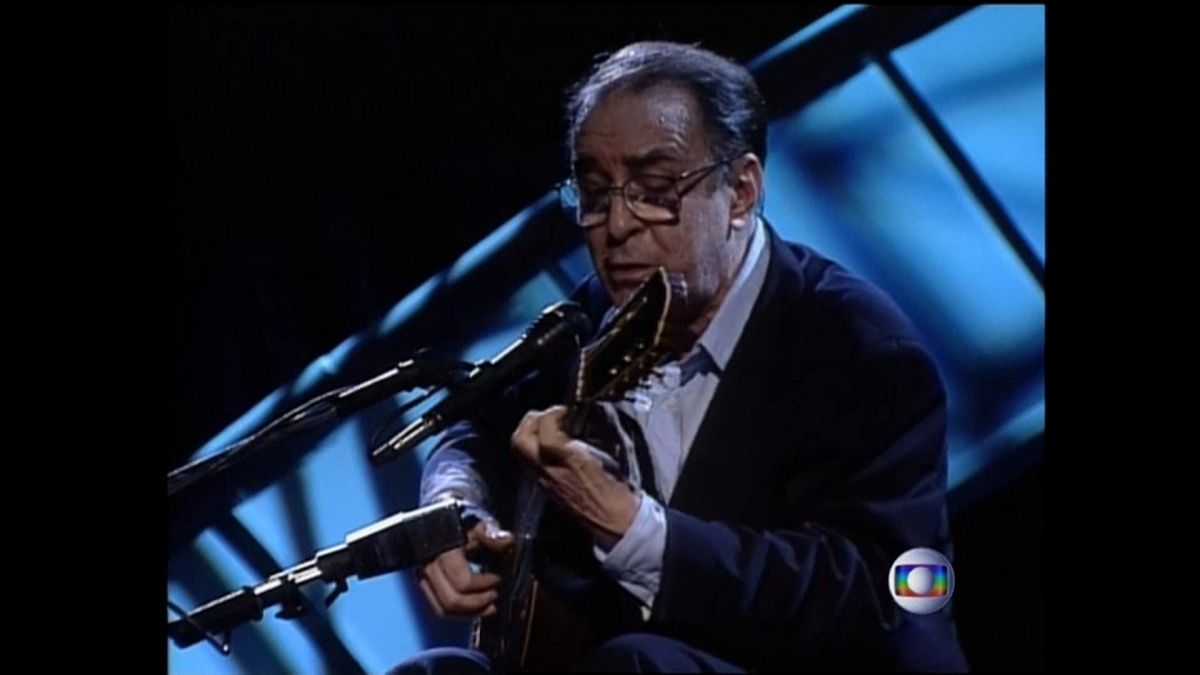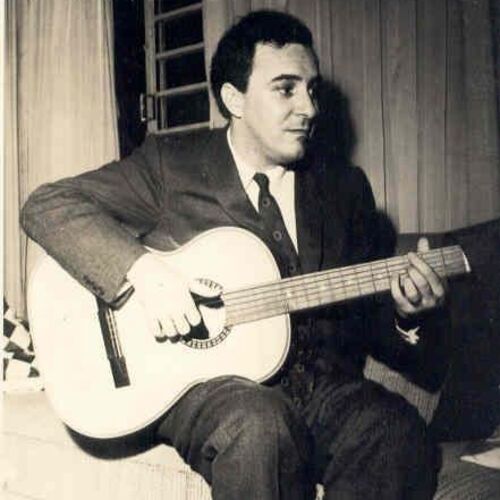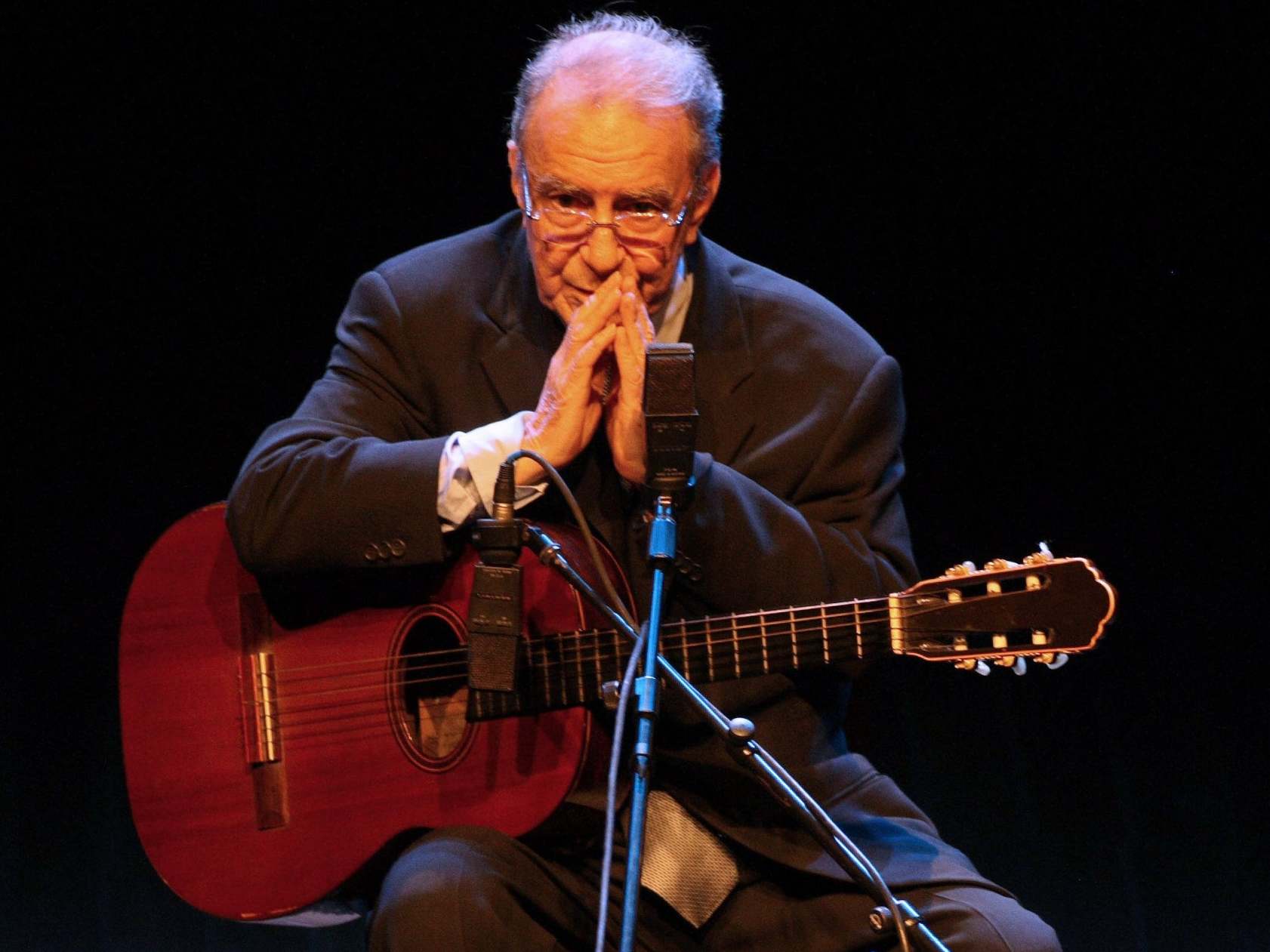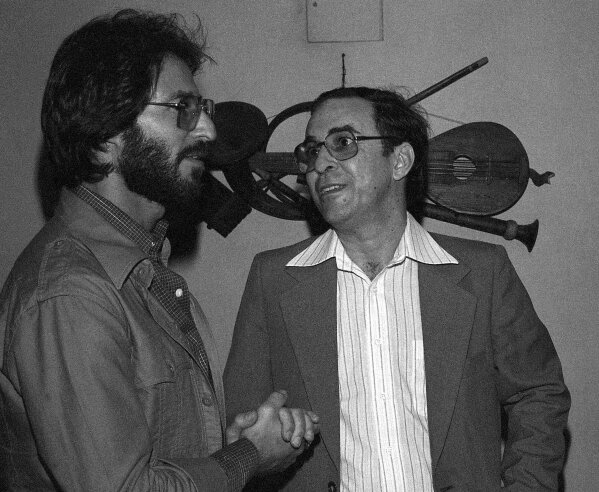João Gilberto's Musical Journey

João Gilberto's legacy in the realm of music is profound, and his contributions to the development of bossa nova have left an indelible mark on the global music landscape. His innovative guitar style, meticulous recording techniques, and unique vocal delivery have inspired countless artists and continue to resonate with audiences worldwide.
Born on June 10, 1931, in Juazeiro, Bahia, Brazil, João Gilberto began his musical journey at an early age. His groundbreaking work in the late 1950s and early 1960s played a pivotal role in the creation and popularization of bossa nova, a genre that seamlessly blended traditional Brazilian rhythms with modern jazz elements.

Gilberto's collaboration with Antônio Carlos Jobim and other influential musicians resulted in the release of landmark albums like "Chega de Saudade" (1959) and "João Gilberto" (1961). These albums introduced the world to the distinctive bossa nova rhythm, characterized by its smooth, syncopated patterns and sophisticated harmonies.

The 1964 album "Getz/Gilberto," a collaboration with American jazz saxophonist Stan Getz, brought bossa nova to international prominence. The album's standout track, "The Girl from Ipanema," featuring vocals by Astrud Gilberto (João's then-wife), became a global hit and won several Grammy Awards, including Album of the Year.

João Gilberto's meticulous approach to recording, marked by his use of two microphones to balance voice and guitar, revolutionized the production of Brazilian music. His ability to convey emotion with subtlety and nuance, both vocally and instrumentally, set him apart as a true musical innovator.

Despite challenges and legal battles later in his career, João Gilberto's influence endured. His Grammy-winning album "João voz e violão" (2001) demonstrated his continued mastery and garnered recognition in the World Music category.

In 2019, the music world mourned the loss of João Gilberto, who passed away on July 6 at the age of 88. His impact on Brazilian music, particularly bossa nova, remains immeasurable, and he is remembered as the "father of bossa nova" and a legendary figure in the history of music.
References;
- McGowan, Chris; Pessanha, Ricardo (1998). The Brazilian Sound: Samba, Bossa Nova, and the Popular Music of Brazil. Temple University Press. p. 68. ISBN 9781566395458.
- Ruggiero, Bob (26 June 2014). "The Girl From Ipanema – Still Turning (Jazz) Heads at 50". Houston Press. Retrieved 9 July 2019.
- Chediak, Almir (1990). Bossa nova (in Portuguese). Irmãos Vitale. ISBN 9788585426347.
- Heckman, Don (25 July 2003). "Primed for perfection but never reached". Los Angeles Times. ISSN 0458-3035. Retrieved 19 February 2018.
- Ratliff, Ben (15 June 2008). "João Gilberto's Pioneering Bossa Nova Records Are Caught in a Legal Limbo". The New York Times. Retrieved 10 December 2017.
- "Awards". National Academy of Recording Arts and Sciences. 30 April 2017. Retrieved 4 February 2023.
- "Blades, Jobim Among Latin Hall Inductees". Billboard. 4 April 2001. Retrieved 8 July 2019.
- Loudon, Christopher (1 October 2004). "Joao Gilberto: In Tokyo". JazzTimes. Retrieved 8 July 2019.
- O'Niel, Tim (7 June 2004). "João Gilberto: In Tokyo". PopMatters. Retrieved 8 July 2019.
- "Complete list of 6th annual Latin Grammy nominations". Orange County Register. 4 November 2005. Retrieved 8 July 2019.



















































